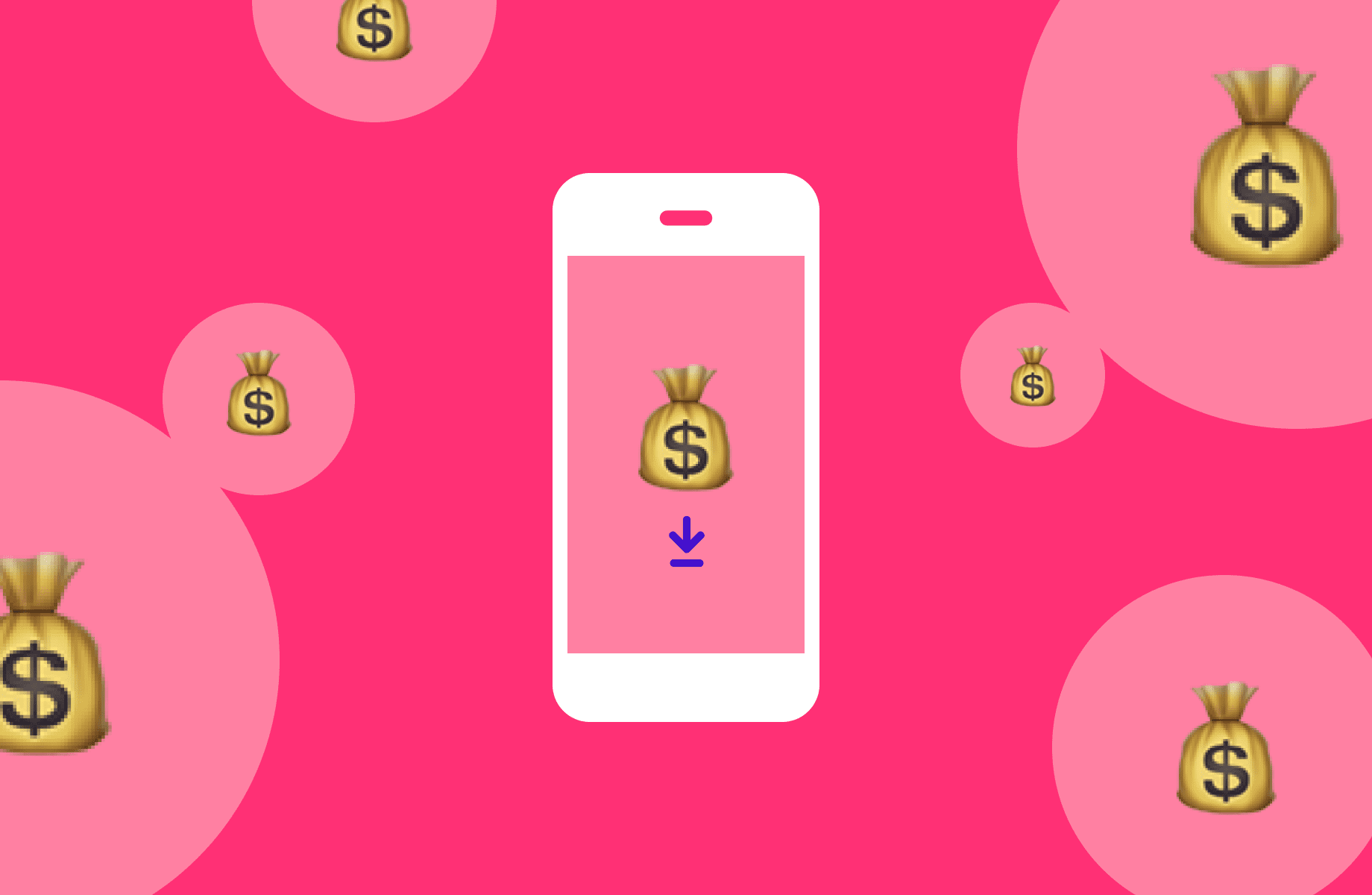How does a down payment on a loan work?
Find out how a loan advance works and see if this could be a good option for you!
When we need money fast, a loan is one of the first options that comes to mind. But did you know that you can access the money before the due date? That's where the advance on a loan. Are you curious to know more? Then find out how it works addendum to a loan!

What is a loan advance?
A loan advance is an option offered by some financial institutions so that you can receive a portion of the loan amount before the regular term when you apply for the loan.
Criteria for making the advance payment
Initially, the conditions for obtaining an advance may vary. One of them is when the bank requires that you have a positive credit history, with no previous late payments, to release the advance.
Additionally, as I mentioned before, some institutions may charge a fee for the service, which may be fixed or a percentage of the amount advanced.
Another important point is that the down payment can influence the terms of your loan. For example, the interest rate may be adjusted to cover the costs of the down payment.
Therefore, it is essential to read the contract carefully and clarify any doubts you may have with the institution before requesting the advance.
How do I request an advance on a loan?
There are some cases where the process, for example, the loan has been approved, but the bank or financial institution is still processing the release of the money. So, in this situation, it is possible to request that a part of the amount be released in advance to meet an emergency or immediate need.
To request an advance, you typically need to contact the institution that approved your loan.
This request can often be made online, over the phone, or directly at a branch. When making the request, it is important to explain the reason for the urgency and ask about the costs involved, as some institutions may charge a fee for the advance payment.
Once the advance request is approved, the requested amount will be deposited into your bank account, usually within 48 hours, depending on the bank.
Is there a limit to the advance?
The amount that can be advanced is usually a percentage of the total amount of the approved loan. This percentage may vary depending on the policy of the bank or financial institution.
In some cases, the maximum amount that can be advanced is up to 50% of the total loan amount. This means that if you are approved for a loan of R$ 10,000, you may be able to advance up to R$ 5,000.
It is important to remember that the advance payment does not increase the loan amount. In other words, if you advance part of the amount, when the loan is finally released, the remaining amount will be lower, since you have already used part of it.
Why ask for an advance on a loan?
You need to be careful when carrying out the process and make the right decision. For example, if you are facing a financial emergency and need the money quickly, an advance can be a useful solution.
However, you need to consider the additional costs that may be involved, such as fees and possible changes to the loan terms.
Additionally, since the down payment can reduce the total amount you receive when the loan is finally released, it is important to plan how you will use the money to avoid future financial problems.
Now that you know how it works, you can decide whether or not you want to go through with the process. Remember to consider all the points mentioned above to avoid any bureaucracy.






